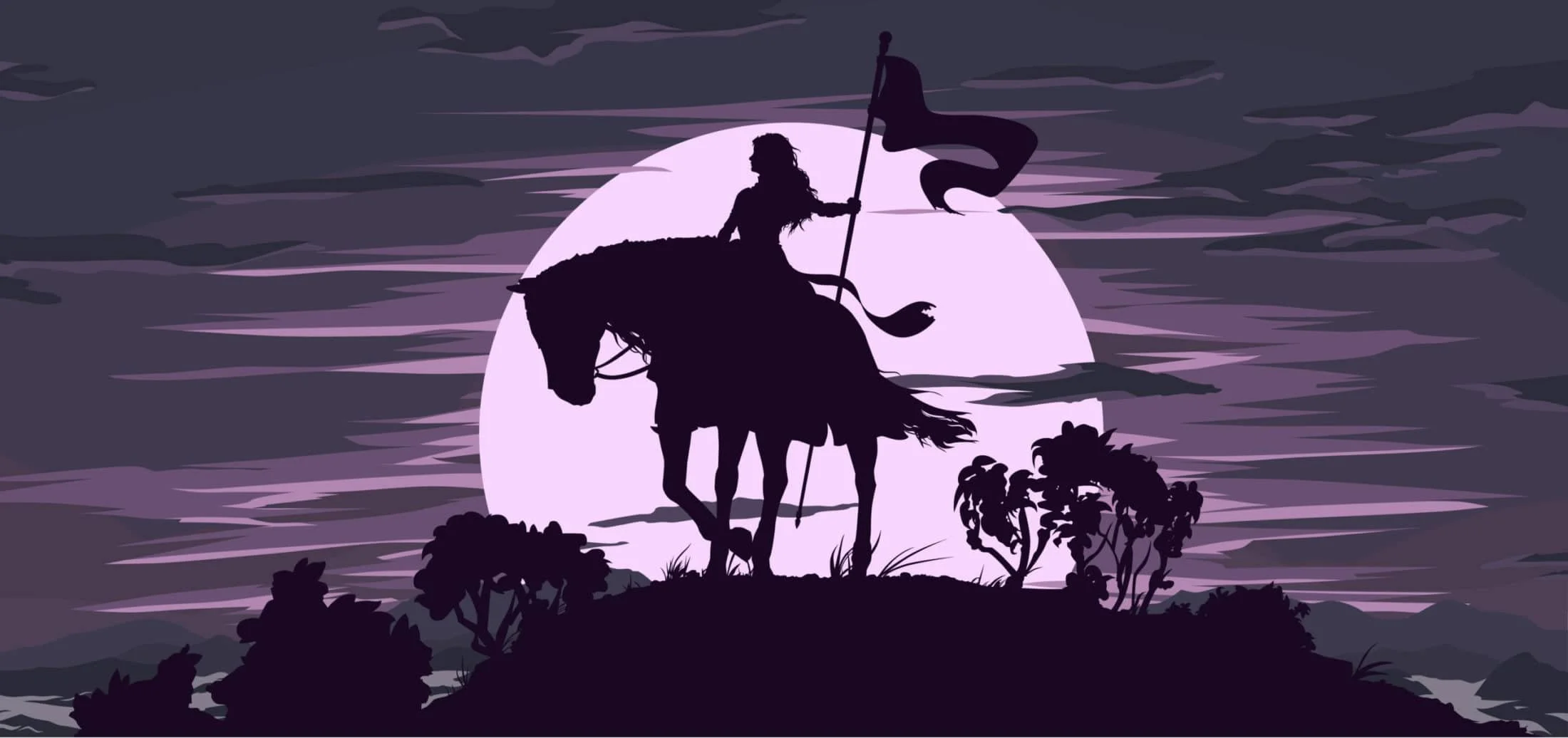Do we find ourselves placing the greatest value on being in the spotlight or on having the greatest impact on the success of the team? It's easy to forget that the scoreboard is only one measure of success, and it certainly doesn't measure everything that contributes to the team's success.
The Heroic Arts of Leadership at Work: Why Your Leadership Journey is Our Human Journey
Whether we are learning to ride a bike or starting a new job, the hero’s journey offers us a guide for the process we will go through: We commit to doing something new or different, we encounter people who help us along the way, we experience setbacks and successes, and in the end, we achieve our goal.
The hero’s journey is simply the human journey.
In the hero’s journey, we step outside of our comfort zone to challenge the status quo; we confront our foes, our fears, and our failures; and in the end, we create positive change and influence the world around us, as big or as small as it may be. Leadership is an iterative process. Artists are always creating and inspiring; leaders are always influencing and making the people around them better.
Courage Does Not Exist Without Vulnerability
We don’t always have experts we can turn to on demand who can point out small details with big implications or show us what we may have missed. When we miss the meaning of things or miss them altogether, we miss opportunities for the people around us to feel heard, seen, and valued.
It’s impossible to make people feel heard, seen, and valued without hearing, seeing, and valuing them.
You can’t make people feel cared for without truly caring for them.
Dispelling Your Doubts
All of us have been reluctant, or we have outright refused, to accept the power of the opportunities we have in our lives. We have doubts about the outcome, process, and timing, but most of all, we have doubts about ourselves and our own abilities. We ask: Why this? Why now? And why me?
It is all too easy to refuse, to say no, and to walk away.
There is a very real possibility of falling on our faces.
When we find ourselves in those situations, it is easy to feel as if there is a fog of doubts all around us, clouding the path before us.
Practice Makes Perfect
In fact, most managers I know have bookshelves dedicated to books on, around, and related to how to be a better manager. It’s not only common, it’s almost expected. It’s a badge of honor for a manager to have the latest and best management books. And no doubt, they’ve read them all. Why, then, are so many of these same managers mediocre leaders despite having read all of the best books? I think part of the answer lies in the difference between being in motion and taking action.





